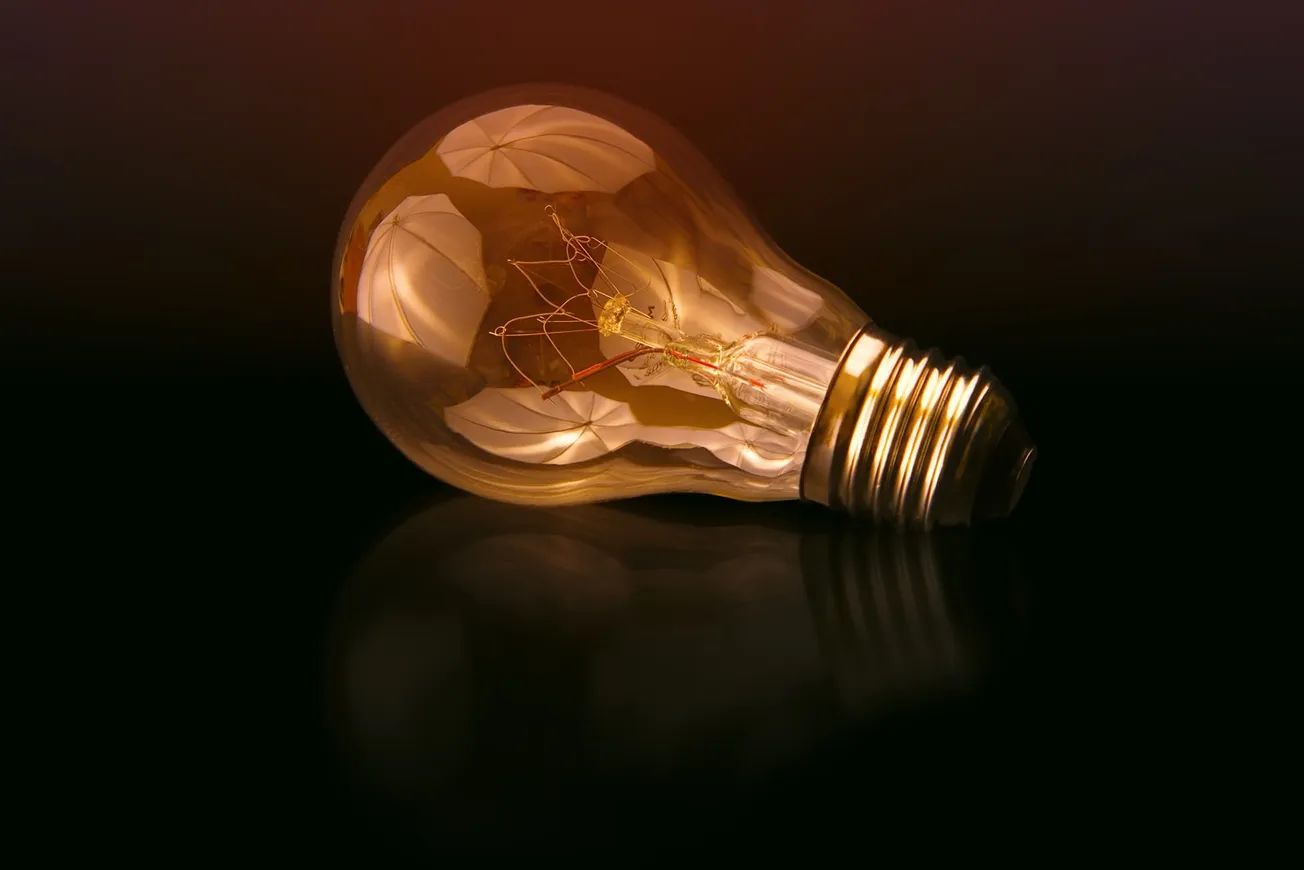Table of Contents
It’s said that the only certainties are death and taxes, but Australians can add another to that list, now: soaring power bills. Anthony Albanese’s grubby deal with the zealots in the Greens will do nothing to change the trajectory of the global climate, but is guaranteed to send power bills skyrocketing.
Well, more than they already have, anyway. Despite promising nearly 100 times to lower Australians’ power bills, Albanese has overseen sharp spikes in electricity prices, with another 25% hike already slated in the coming months.
And that was before the “net zero” deal with the gibbering nutcases in the Greens’ party room.
It’s also often assumed that, in tandem with skyrocketing prices, Australians will see a decline in grid reliability. Indeed, this is already happening: power grids in cities in particular have teetered on the edge of widespread blackouts in recent summers. But, rather than wholesale blackouts, others argue, we’ll see a system that continues to creak along on the edge of catastrophic failure while never quite getting there because desperate governments will prop it up with wads of taxpayer cash.
Without getting too caught in the weeds, here are the facts. The vast majority of customer outages are caused by poles and wires. The Australian Energy Regulator’s State of the Energy Market Report states that the average customer was interrupted for 325.9 minutes in 2020-21 by distribution outages, with transmission suffering a combined 13 outages. These are usually caused by weather, vegetation, animals, and accidents. Compare that with the Australian Energy Market Operator’s quarterly Lack of Reserve Framework reports showing zero LOR3 events in 2021 or 2022. The last time I recall a lack of generation being responsible for blackouts was in Melbourne on Australia Day 2019. The more recent Queensland blackouts following the Callide C4 event were technically a network fault.
The argument is that, despite the reckless destruction of reliable, coal-fired generators, generators have held on to just enough capacity to meet supply — barely. It’s like driving a car and constantly stopping every few ks to top up another couple of dollars of petrol.
Secondly, politicians may be self-serving and disingenuous, but they will avoid blackouts like a Teal MP avoids an anti-lockdown rally; especially if that means subsidising once-public but now-private coal-fired generators. Liddell’s closure in April 2023 will be a milestone that nobody wants, but it appears to be a wake-up call for politicians that a critical threshold is approaching. With the New South Wales election looming, there has been substantial political manoeuvring around the Eraring power station. Each side will blame the other when taxpayer dollars are needed to stop it closing.
With just-enough-when-everything-is-working generators, and somebody else to blame (decade of inaction) if it goes wrong, political muddlers will spend our money to prop up the system they ruined.
And that’s the real story: the system may not collapse entirely. Not quite, not yet. But the amount of money required to keep it from falling over will go up and up. Consumers will pay, one way or the other: either directly, through stupendous power bills, or increased taxes. Most likely more of the latter, rather than the former, as even the dimmest Greens voter will start to twig when their power bill doubles every six months.
It will be propped up by an already ageing fleet of coal-fired power stations; increasingly existing on subsidised fuel contracts or purchased outright by governments, with the costs hidden in public debt.
Another likely outcome is a multi-tiered system, with the wealthy paying for “premium” access — guaranteed no-blackouts — and the “economy” consumer relegated to a third-tier access, where power may not blackout entirely, but suppliers will use “smart meter” technology to shut off air-conditioners, heaters, hot water, and so on, should supply falter.
This is our future, and there is little we can do about it.
Spectator Australia
We’re so far down the “renewables” rabbit hole, that only a complete policy reversal by the major parties could possibly turn things around. Does anyone really think of a single political leader with the guts to either call out the “net zero” idiocy, or allow nuclear power in Australia or New Zealand? Even should such a miracle occur, the desperately-needed plants will be decades in the building.
It goes against my optimistic grain to say so, but for the foreseeable future, we’re screwed.









